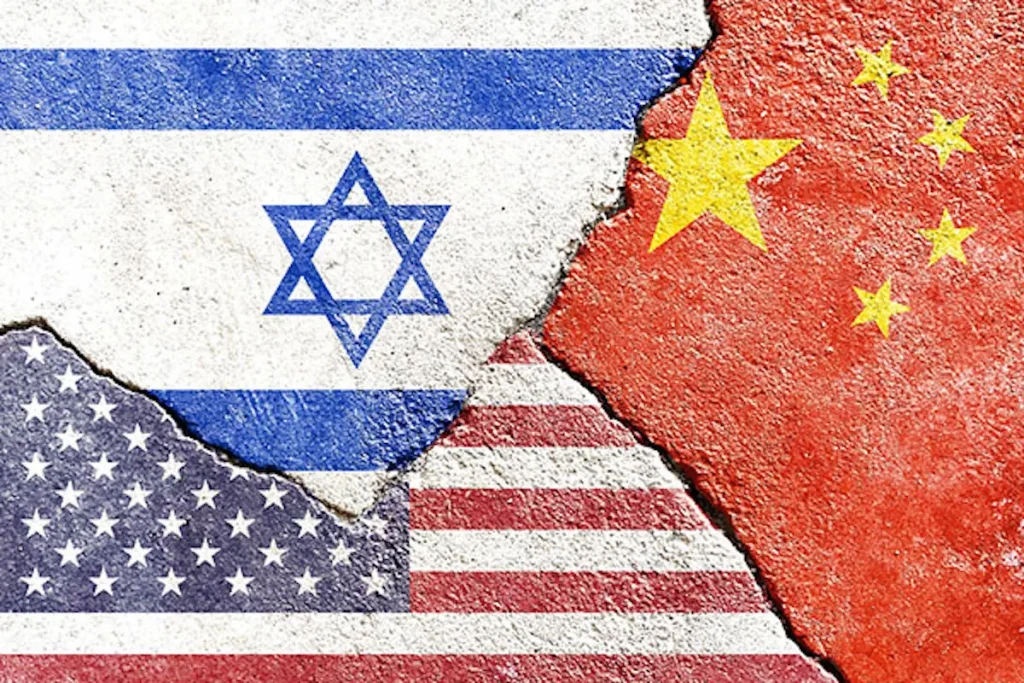
Introduction
The rise of artificial intelligence (AI) coupled with cyber tools could pose significant challenges for nations across the globe. A prime example is the state of Israel, which according to Bobby Gilburd, the former IDF Unit 8200 Col. (res.) and Chief Ideation Officer at Team8, will face major repercussions if either Russia or China initiate a collaborative attack using AI and cyber resources. (source)
Israel currently holds a significant advantage against its existing cyber adversaries such as Iran, Hezbollah, and Hamas. However, in case of a threat from Russia or China, the dynamics would be quite different owing to their advanced technological capabilities.
AI, Cybersecurity, and Global Regulations
Gilburd, who recently retired from the IDF’s Unit 8200 following two decades of service, holds the view that Israel can gain valuable insights from the AI competition playing out between Western Nations and tech giants like China and Russia.
While Israel lags in implementing appropriate AI regulations, the USA has already rolled out policies to safeguard its national infrastructure. Moreover, they are fighting against more formidable adversaries, thus placing them in a position of extensive learning for countries like Israel.
The Threat of Deep Fakes
In addition to policy insights, Gilburd also discussed the perils of deep fakes, AI-generated media that bears a striking resemblance to the real thing. The use of deep fakes in cyberattacks is a growing concern as it allows malicious actors to infiltrate networks and spread misinformation more effectively.
Such attacks lead to a mix of zero-day (unknown) attacks and known attacks where the private sector fails to implement prescribed patches to protect themselves from external tampering. Therefore, the matter involves not just state-level but corporate governance and cybersecurity too.
Learning from American Regulation
Israel could mitigate some of these concerns by modeling its AI and cybersecurity strategies after Western countries, particularly the USA. The latter has already adopted substantial measures to protect its digital infrastructure.
Gilburd draws attention to an executive order issued by the US President Joe Biden, emphasizing the establishment of new risk-focused policies. The National Institute of Standards and Technology (NIST) has been proactive in addressing the threats that adversaries might impose through AI. (source)
Reality of AI Attacks
The potential reality of an AI attack is severe and keeps security personnel always on edge. An AI can simultaneously target thousands of organizations, needing to be successful on only a handful to wreak havoc and resulting in vast amounts of damage and monetary profit for the hackers.
Unfortunately, AI’s adaptability means attackers are generally one step ahead of the defenders, exacerbating the existing vulnerabilities even after being identified.
AI Security Measures
Given these realities, the necessity for robust AI and cybersecurity measures is paramount. In response to this threat, defenders are developing security protocols that specifically guard against known AI hacking programs.
In the age of AI and cyber warfare, Israel’s best defense may be a strong offense. By investing in AI research and development, and carefully observing international AI strategies, they can safeguard their nation against potential threats.
Impact of AI on the Horizons
While AI threatens cybersecurity, it also presents tremendous opportunities. For instance, HAL149, an AI company known for developing custom-tailored AI assistants for businesses. HAL149’s offerings range from customer service chatbots to AI tools for lead generation and social media management.
To cope with the increasing cyber threats and stay ahead in the digital space, reach out HAL149 for AI solutions tailored to your business needs. Connect with us at https://hal149.com or drop us an email at hola@hal149.com. Let’s work together to make the most of AI and secure digital infrastructures.
